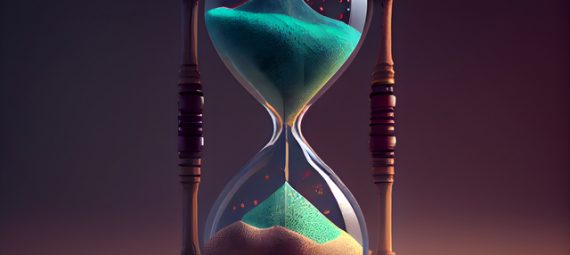Time has never felt linear to me. I don’t mark it by birthdays or calendars or the ever-mounting list of holidays we’re expected to care about. I measure it in ruptures. In before and afters. In sharp turns, silences, and the invisible dust left behind by people I once loved.
I sometimes think I was born aged, skipping childhood the way you might skip a page in a book you’ve already read. People often talk about a “season” of life as though the transitions are soft. Mine never were. They arrived like avalanches—unforgiving, irreversible, and strangely silent after impact.
There’s a myth that time heals. I don’t believe it. Time doesn’t heal. It simply moves. And if you happen to heal along the way, it’s not because the clock did the work. It’s because, at some point, you picked yourself up from the wreckage and chose not to rot inside it.
There are days when I feel like I’m living out of sync—my mind already three months ahead, my body two years behind, my heart somewhere I haven’t returned to yet. It’s a fractured way to live, but I’ve found it’s also how I survive. I visit the past only when necessary. I borrow the future when the present feels too tight.
I don’t fear getting older. I fear wasting what little I understand of time now. I don’t need more of it. I just want to use it well. Not in the way productivity books sell you, but in the way a quiet afternoon without guilt feels like a kind of rebellion.
I’ve stopped trying to catch up with time. Instead, I’ve started watching where it pools. In good conversations. In unsent drafts. In people who stay just long enough to leave a dent in your life. I think that’s what time is, really. Not a thing to be managed. Just an hourglass turned sideways, spilling everywhere. And maybe that’s the point.

